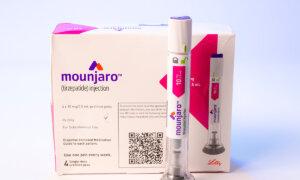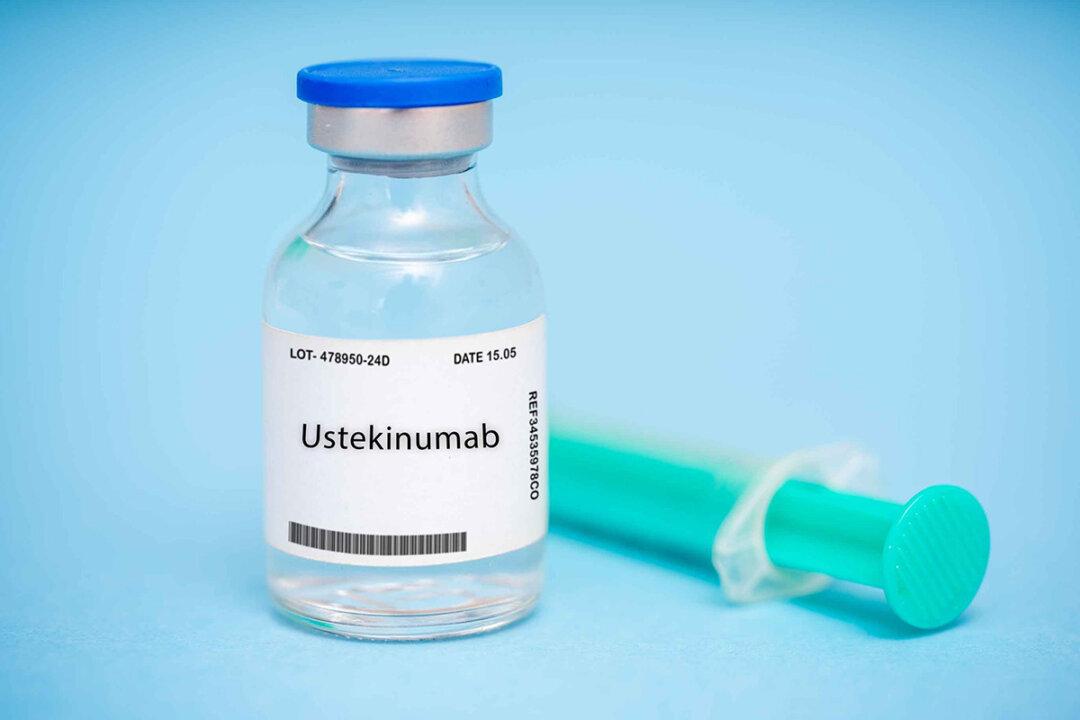Individuals who stop taking the popular new weight-loss drug tirzepatide, sold under the brand name Zepbound, are bound to regain some of their lost weight, according to results of a new trial study.
Zepbound is an injectable weight-loss drug that has gained popularity since the U.S. Food and Drug Administration (FDA) approved its use for chronic weight management in November 2023. It is injected once weekly with an increasing dose over four to 20 weeks with a target dosing size between 5 and 15 milligrams per week. The drug works similarly to other favored weight-loss drugs like Wegovy by managing glucose levels.
Zepbound activates two hormones: glucagon-like peptide-1 (GLP-1) and glucose-dependent insulinotropic polypeptide, or GIP. These hormones combine to make the stomach empty more slowly so the person taking it feels fuller for a more extended period. Additionally, the hormones suppress an individual’s appetite by targeting hunger signals in the brain. Eli Lilly manufactures the drug, which costs about $1,060 per month.
The results after 52 weeks showed that the participants who continued with the Zepbound protocol lost about an additional 6 percent of their weight. Participants who took the placebo regained 14.8 percent of their weight. After the 88-week trial, participants switched to the placebo ended the study with almost 10 percent less weight than they had started with. In other words, they regained about half the weight they initially lost over the first nine months of the study.
However, some participants maintained weight loss. About 17 percent of individuals prescribed the placebo kept about 80 percent of their original weight loss. Additionally, almost 90 percent of those who stayed on the Zepbound maintained at least 80 percent of their weight loss.
The Costs of Obesity vs. the Costs of Weight-Loss Drugs
Zepbound continues to be a popular medication, with Wall Street analysts suggesting it could be the “biggest drug of all time,” according to CNBC reporting. Trials have proven it to be an extremely effective weight-loss drug, offering weight-loss rates comparable to those of people who undergo bariatric surgery, gastroenterologist Dr. Christopher McGowan told NBC News.The drug, along with Mounjaro, its sister weight-loss drug from Eli Lilly, comes at a time when obesity continues to be a “common, serious, and costly disease” in the United States, according to the U.S. Centers for Disease Control and Prevention (CDC). Nearly half of American adults—almost 42 percent—are obese. 2018 data from the National Institutes of Health (NIH) estimated that 2 in 5 adults are obese and 1 in 11 have severe obesity. The disease isn’t limited to adults, either; the NIH reported that 1 in 5 children are obese and 1 in 16 are severely obese.
The medical cost of obesity is estimated to be $173 billion in 2019—roughly $1,861 more per person than the medical costs for people who are of healthy weight. Obese individuals are at risk of developing conditions related to carrying extra weight, including heart disease, stroke, Type 2 diabetes, and certain types of cancer, all of which are among the leading causes of preventable and premature death.







